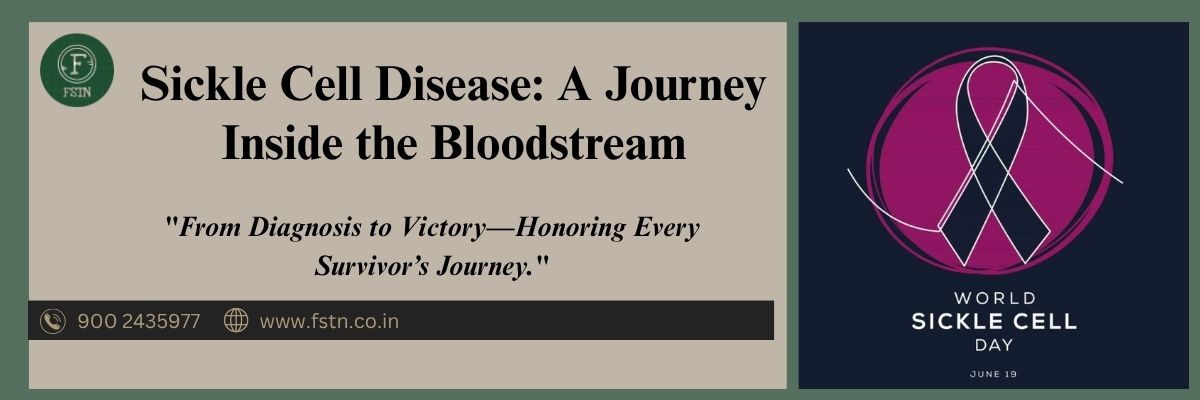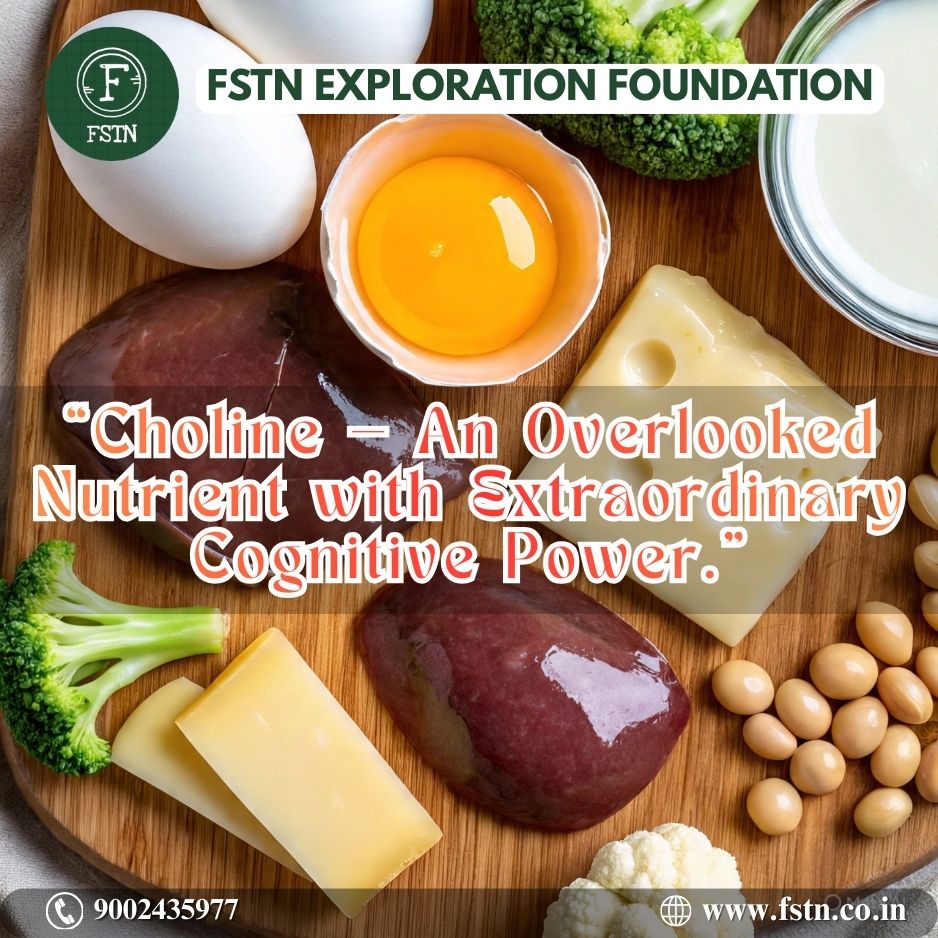Red blood cells (RBCs) are engineered to deliver oxygen efficiently. In Sickle Cell Disease (SCD), a hereditary mutation in the HBB gene leads to the production of Hemoglobin S (HbS), which distorts RBCs into rigid, sickle shapes—disrupting circulation and damaging organs.
The Molecular Defect: A single amino acid substitution—valine for glutamic acid—alters hemoglobin structure. Under low oxygen, HbS polymerizes, forming stiff rods that deform RBCs. These sickled cells are fragile, adhesive, and short-lived, surviving only 10–20 days compared to the normal 120.
The Sickling Crisis: Sickling is triggered by dehydration, infection, cold, or hypoxia. Repeated cycles lead to chronic hemolytic anemia, with symptoms like fatigue, pallor, and delayed growth.
Vaso-Occlusion and Hypoxia: Deformed cells block capillaries, causing vaso-occlusion, resulting in pain crises, organ infarction, and acute chest syndrome. Reduced RBC count and blocked flow lead to systemic oxygen deprivation, compounding organ damage.
Immune Dysfunction: SCD damages the spleen early in life, impairing immunity. Patients become highly vulnerable to infections like Streptococcus pneumoniae—necessitating early vaccines and antibiotics.
Multisystem Impact:
SCD affects multiple organs in our body-
- Brain: Stroke
- Lungs: Acute chest syndrome
- Eyes: Retinal damage
- Bones: Avascular necrosis
- Kidneys: Proteinuria and renal failure
Management:
There is no definitive cure, but interventions help:
- Hydroxyurea: Raises fetal hemoglobin
- Transfusions: Prevent stroke
- Pain control: Hydration, analgesics
- Prevention: Vaccines, antibiotics
- Emerging options: Stem cell transplant, gene therapy
Final Thoughts:
India’s Challenge- SCD is prevalent in tribal and rural communities. Low awareness, stigma, and limited screening delay care.Neonatal testing, genetic counseling, and community outreach are vital. SCD is a molecular disease with systemic consequences. Yet with science, compassion, and early intervention, it becomes a story of resilience, not defeat.



